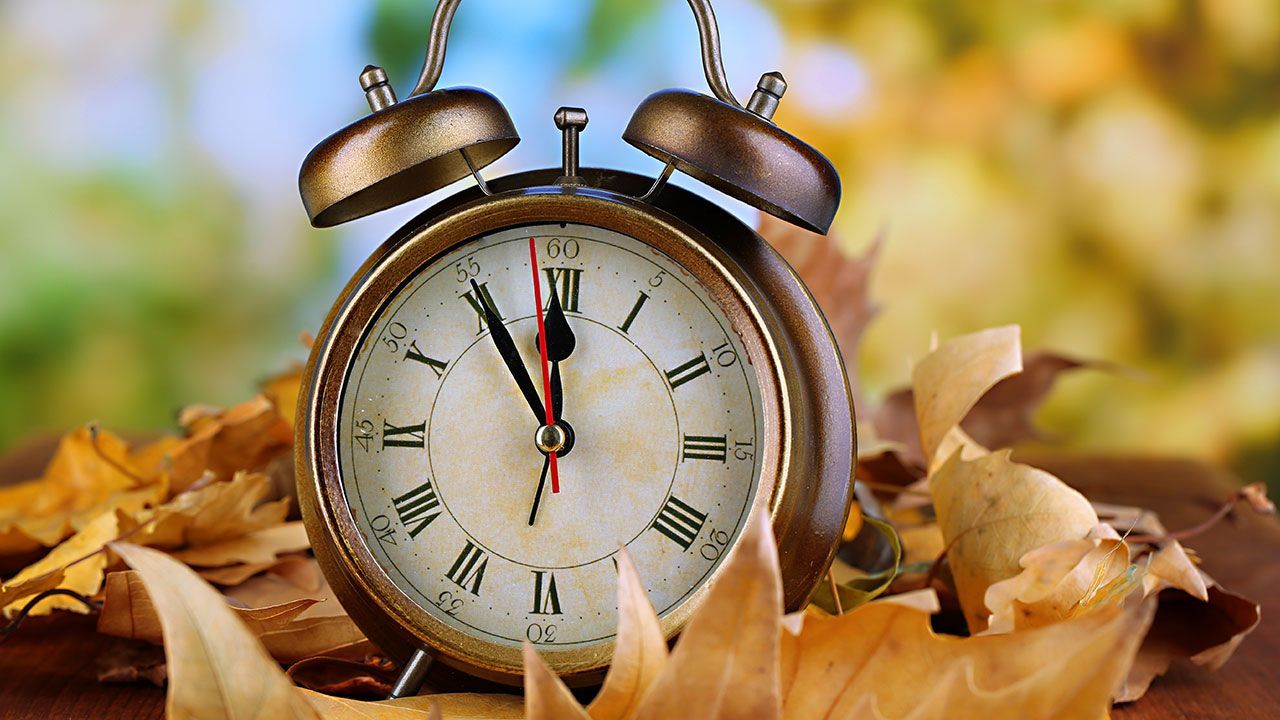Sleep In An Extra Hour This Sunday
Gulf Shores News Staff • October 30, 2025
Daylight savings time for 2025 ends this weekend

Daylight Saving Time will end this Sunday, giving residents across most of the United States an extra hour of sleep. Clocks will fall back one hour at 2:00 a.m., marking the return to standard time. The change means earlier sunsets and darker evenings for the coming months. Most smartphones and computers will adjust automatically, but manual clocks will need to be changed.
The time change will occur on Sunday, November 2nd at 2:00 a.m. when clocks move back to 1:00 a.m. This biannual ritual has been observed in the United States for decades.
Daylight Saving Time was first implemented during World War I to conserve energy. Germany started the practice in 1916, and the United States followed in 1918. The current system became standardized in 1966 with the Uniform Time Act. The law established consistent start and end dates across the country.
In 2007, Congress extended Daylight Saving Time by several weeks. It now begins on the second Sunday in March and ends on the first Sunday in November. Hawaii and most of Arizona do not observe the time change.
Many lawmakers and citizens want to end the twice-yearly clock changes. The U.S. Senate passed the Sunshine Protection Act in 2022, which would make Daylight Saving Time permanent. However, the bill stalled in the House of Representatives and did not become law. Supporters argue that ending the time changes would benefit public health and safety.
Studies show the time changes can disrupt sleep patterns and increase health risks. Some research links the spring time change to more heart attacks and car accidents. The fall time change is generally easier on the body than losing an hour in spring.
Health experts recommend several strategies to adjust to the time change. Going to bed 15 minutes earlier each night leading up to Sunday can help. Getting exposure to natural sunlight in the morning helps reset the body's internal clock. Avoiding caffeine and screens before bedtime also promotes better sleep.
The time change affects daily routines beyond just sleep schedules. Evening activities will have less natural light, and morning commutes will be brighter. Parents may need to adjust children's bedtimes gradually to prevent crankiness. Pet owners often notice their animals expect meals at the old time.
Residents should remember to change the batteries in smoke detectors and carbon monoxide alarms. Fire departments recommend using the time change as a reminder for this important safety task. Checking emergency supply kits is another good practice during the time change weekend.
The debate over Daylight Saving Time continues as more states express interest in ending the practice. Until federal law changes, most Americans will continue adjusting their clocks twice each year. For now, residents can look forward to that extra hour of sleep on Sunday morning.


























